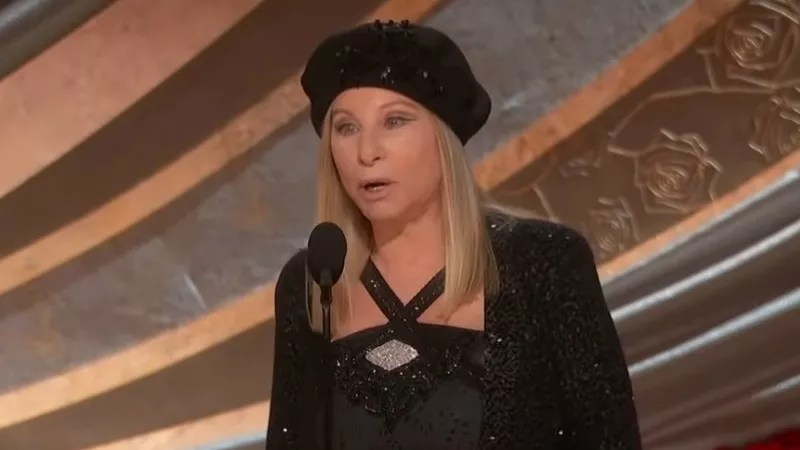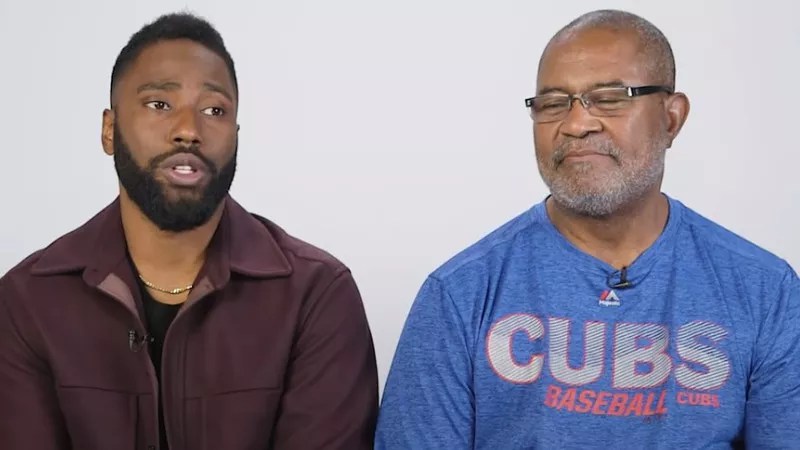

Audio By Carbonatix
When Barbra Streisand mentioned Colorado Springs at the Academy Awards ceremony in Los Angeles, boosters for the city to Denver’s south likely felt a combination of elation and despair.
Being name-checked on such a high-profile platform represents priceless publicity. Problem is, the reference came in the context of Streisand’s comments about BlacKkKlansman, a Spike Lee film that reveals a shameful chapter in Springs history, revolving around Ku Klux Klan activity in the community that was still going strong in the 1970s.
Streisand clearly understood that she was an unlikely person to introduce BlacKkKlansman, one of eight nominees for best picture. In her remarks, she explained that she tweeted about the flick after seeing it – a message that led to an exchange with Lee about the movie, of which she’s a big fan.
“It had everything a great film should have,” Streisand said. “It was so real, so funny, and yet so horrifying.”

Former Colorado Springs Police Detective Ron Stallworth, right, with John David Washington, who played him in BlacKkKlansman.
NowThis News via YouTube
When Streisand described the film as “the story of the first African-American detective in the Colorado Springs Police Department,” she noted that the cop in question – Ron Stallworth, on whose memoir, Black Klansman, the picture was based – “joins forces with his Jewish colleague to infiltrate the Ku Klux Klan. Now, that is funny already. But it’s an unflinching look at race relations.”
True enough. The tale follows the investigation into the KKK by Stallworth, portrayed on screen by actor John David Washington (son of Denzel) – and along the way, Colorado Springs is portrayed as a hotbed of racist schemes even though it’s located in a part of the country that, from a national perspective, is seldom associated with this blight.
Of course, the KKK became a topic in the 2018 race for Colorado governor thanks to the membership of ex-Denver mayor Ben Stapleton, the great-great-grandfather of Republican nominee Walker Stapleton. But Mayor Stapleton’s KKK sins date back to the 1920s, whereas BlacKkKlansman takes place a half-century later. The timing serves as a reminder that such evils have continued to linger long after the major events originally associated with the so-called Civil Rights era – a fact that Lee underscores at the end of BlacKkKlansman via documentary footage of the riot in Charlottesville circa 2017.
Among Lee’s themes is that if such hate can bloom in a place like Colorado Springs, it can happen anywhere. But universality aside, the Springs comes in for other hits in BlacKkKlansman, with targets including the police department, peopled by characters who often seem uncertain how to even speak respectfully to a black colleague, let alone empower him. (Since the film was set in the ’70s, it didn’t get into another ignominious credit: the role that Colorado Springs played in giving birth to Amendment 2, the anti-gay-rights proposal that led to Colorado being labeled the “Hate State” in 1992.)
Granted, BlacKkKlansman wasn’t a huge smash. The film was released on August 10, 2018, and as of January 31, according to industry website Box Office Mojo, it had collected just over $48 million domestically – a modest sum in today’s blockbuster world.
But it’s certain to get a post-Oscars bump thanks to Lee sharing an Academy Award for best adapted screenplay, which he celebrated by leaping into the arms of presenter and friend Samuel L. Jackson (see that moment above) and his subsequent comments denigrating eventual Best Picture winner Green Book, a feel-good movie about institutional Southern racism that some critics have painted as having what’s known in the trade as a magical negro problem.
While BlacKkKlansman is set in Colorado, it wasn’t shot here, as has been the case with so many movies over the years, thanks largely to the state’s penny-pinching approach to filmmaker subsidies.
So under other circumstances, the name of Colorado Springs springing from the lips of one of the most famous women in the world during an enormous televised event would have Chamber of Commerce types dancing with glee.
But not this time.